How to Get Involved:
The EmTech lab offers community members the chance to experience and develop virtual environments. All Wond’ry ambassadors are trained in operating the technology, and can show you how to use it if you’d like. The best way to get involved is to email Ole Molvig.
-
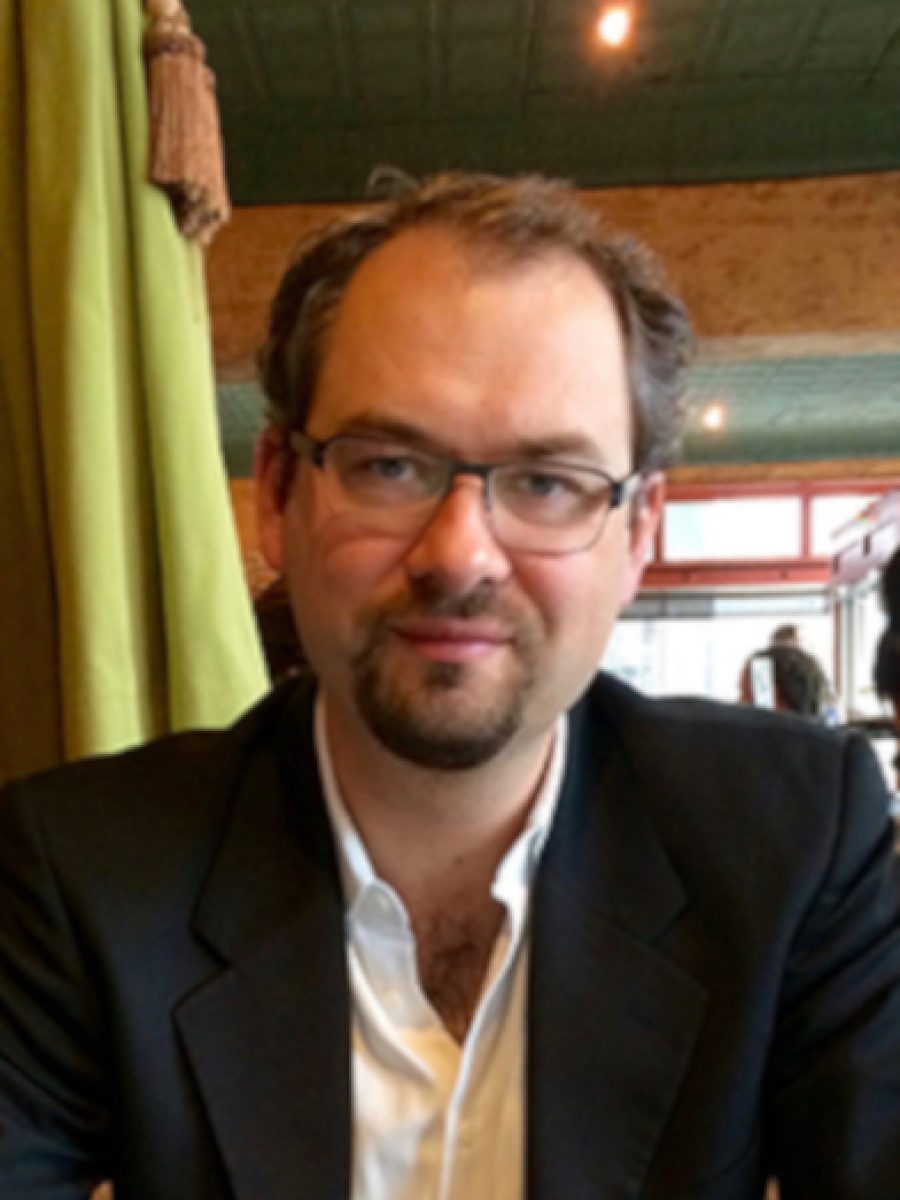
Ole Molvig
Emerging Tech Lab Faculty Mentor
Ole Molvig is the Director of the Emerging Tech Lab and Professor of History of Sci&Tech, Communications of Sci&Tech, and Cinema Media Arts, Vanderbilt University.
Ongoing Areas

oVRcome
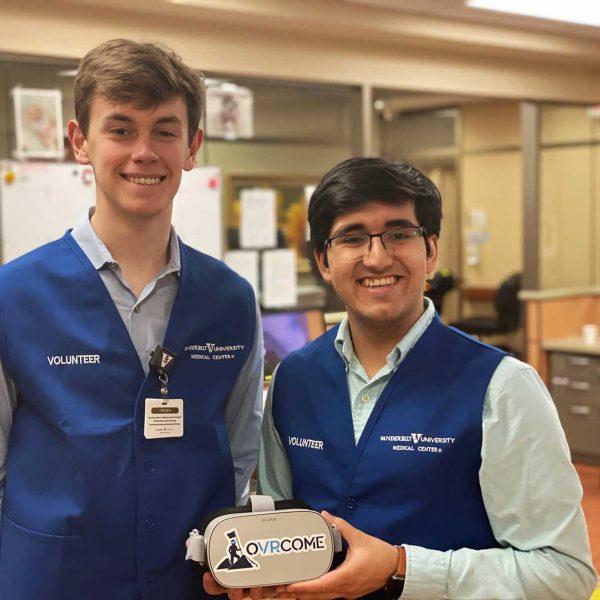
Everyday, many patients spend long periods of time in hospitals rooms, often with reduced mobility. Unfortunately, these patients frequently face boredom in addition to the typical anxiety that accompanies hospital visits.
To address this issue, oVRcome enlists the help of Vanderbilt student volunteers, who visit hospitals and provide virtual reality experiences to patients. In addition to being an exciting source of entertainment, VR has been demonstrated to reduce stress, pain, and anxiety for patients. Learn more about oVRcome.
Talk to Einstein
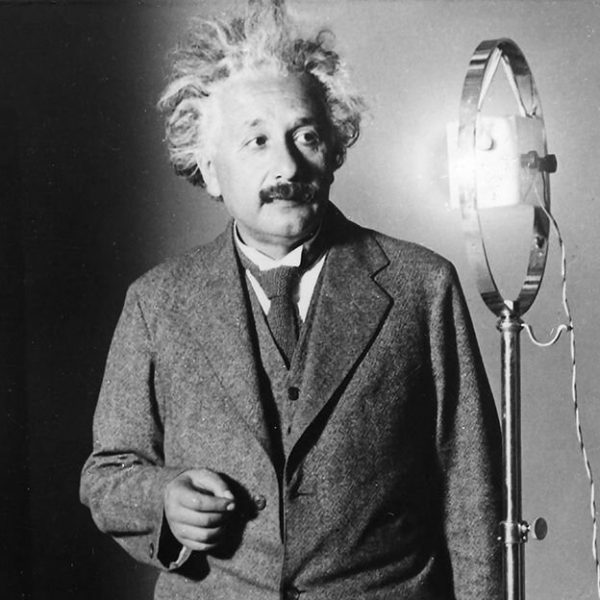
Talk To Einstein is an experiment in algorithmically generated (or “synthetic”) media (AGM). I fine-tuned the OpenAI GPT-2 model for predicative text generation with several archival text correspondence collections, for example the complete papers of Albert Einstein, Charles Darwin, or selections of Civil War soldier correspondence from the the Library of Congress. Based on these large data sets of written letters, the AI model is able to produce novel text that takes the form of written correspondence, with style and content consistent with the data source. You can listen to a synthetic sample of Darwin’s “writing” here, or of a Civil War soldier here. Learn more about this project by clicking here.
Victorian VR
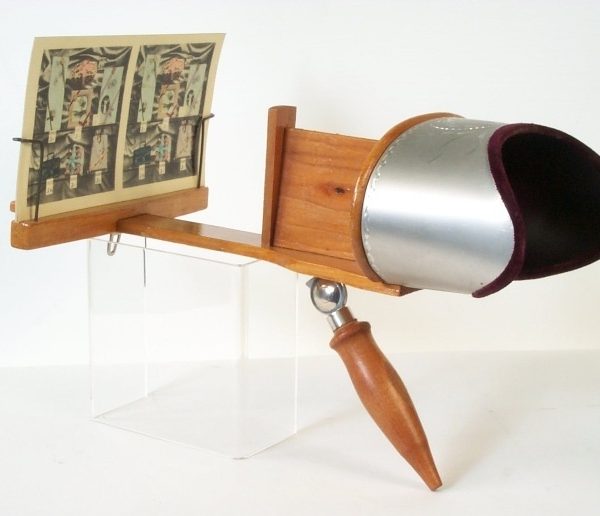
Hundreds of thousands of “stereoscopic views”, like the stereocard above, have been digitized and are available in libraries and archives across the world. However, it is virtually impossible to view these amazing images in “3D” as originally intended.
The goal of this project is to make these remarkable artifacts widely accessible in the 21st century. Learn more about Victorian VR.
Train your own AI in virtual reality

This project puts the user inside an AI training room. Using virtual reality and tensor flow, the user can watch, aid, or impede the AI agent during training using reinforcement learning and a reward function. This experience is all fun and games ... until you realize YOU are the reward function. More info on this project coming soon!
Upcoming Projects
Volumetric Video

Asymmetric VR/AR Platform

VR Geometry Education Platform

Classes
Additional Resources

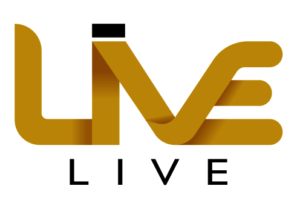
LIVE: Although advances in technology have been profound and exciting, the changes associated with these advances have not always been positive. It has been particularly challenging to understand how technological change will improve learning and produce a healthier, more informed, and more equitable society. To meet this challenge, the LIVE Center is devoted to a new way of thinking about technology’s role in teaching and learning, in both formal and informal settings. Learn more about Live Lab.
